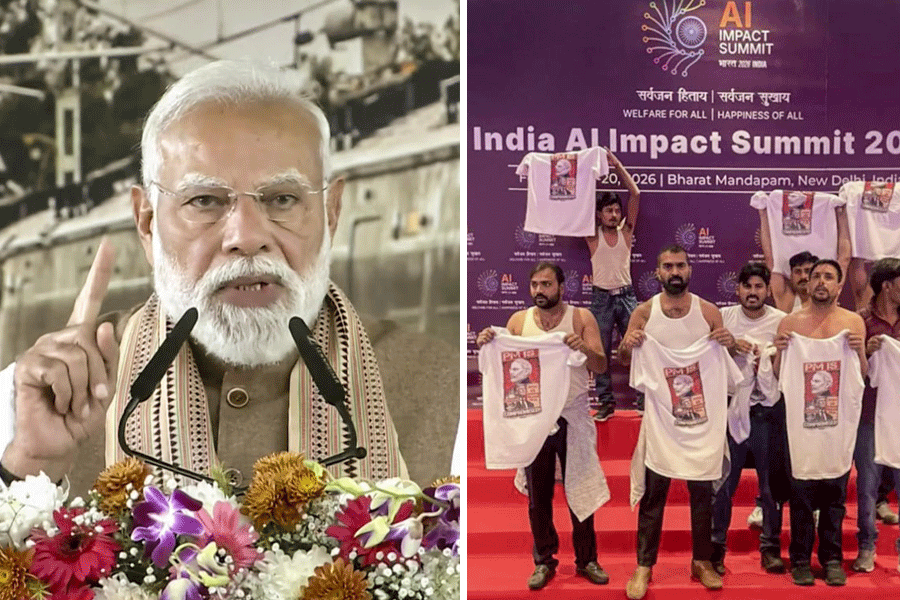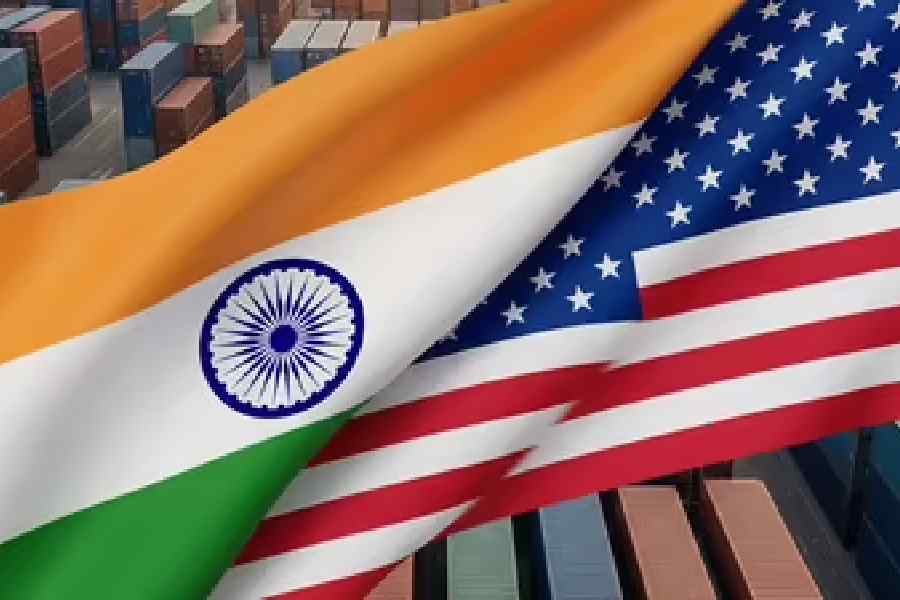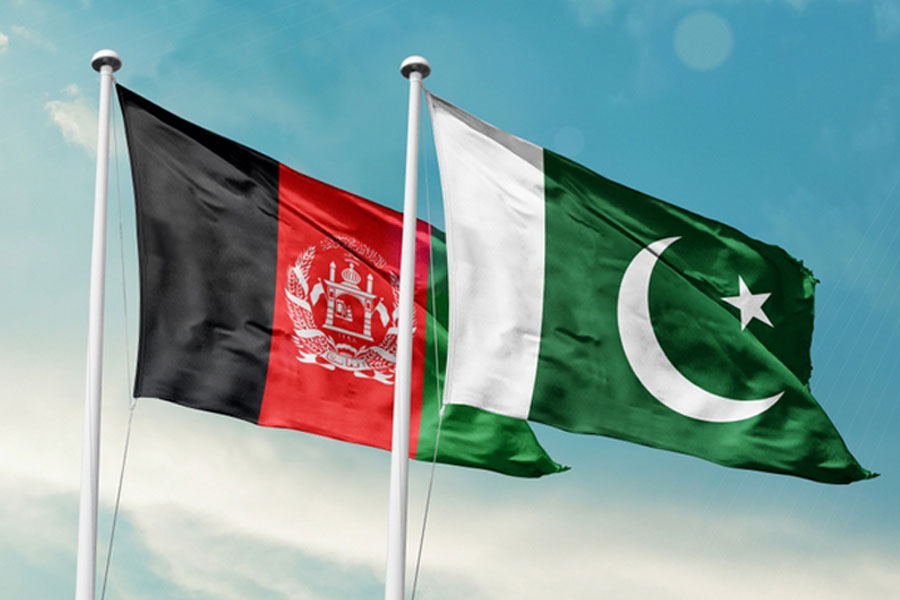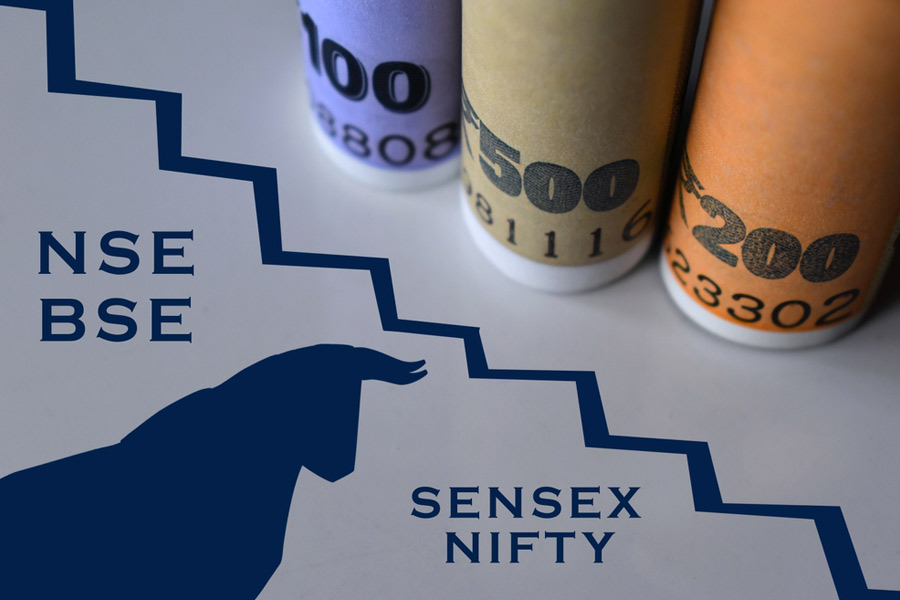Duncan Fletcher, who rarely gives interviews, had spoken to Lokendra Pratap Sahi during India’s tour of England in 2002. Excerpts from that one-on-one, in Leeds, are being reproduced:
On having taken over (in the latter half of 1999) at a time England’s stock was so low
There were many considerations and I had to weigh a lot of things but, basically, it was a challenge... In any case, you don’t turn down opportunities to coach a national team. More than anything else, I wanted to prove to myself that I could do it.
On what has effected the turnaround
We’ve put in place certain structures... The man management is better and we’ve been consistent — to the extent we could be — with the players. It gives them confidence. We’ve also worked on the team spirit and everybody feels comfortable in the dressing room.
On Nasser Hussain, the captain
Nasser has been first class... We appreciate each other’s approach and it’s great to have a captain who wishes to be one step ahead of the opposition. Nasser reads the game very well and his field placements are excellent... Honestly, I’ve rarely come across cricketers who understand the game at such depth.
On whether captains and coaches have a shelf life
Don’t know? Look at (Sir Alex) Ferguson... I think it depends on the individual. For whatever reason, some may have a shelf life of two years, for others that could be ten... Bottomline is withstanding the pressure at this level.
On a coach’s top function
Depends on what the coach wants to do... Personally, I wish to be the one man in control... I like handling people off the field and, obviously, it’s important to identify areas where a player may need improvement. For instance, I’ve laid much emphasis on playing spin. Cricket has many aspects and, really, it’s up to the coach to determine the role he actually wishes to play.
On whether, as coach, he has tried to alter somebody’s natural approach
If a change has to be made, the coach must know when to do so... The skill of a coach lies there... Indeed, the timing counts... If I could add, you may have a player whose technique is perfect, but if the opposition has sorted him out, then the coach may have to innovate. As I’ve said, timing is the key... Doing things at the right time.
On helping players become stronger in the mind
Again, timing matters... A coach just can’t rush and say things... One must realise the team comprises individuals and the needs of one may not be similar to the guy in the next room... I’ve always believed you win more games in the dressing room than out in the middle. If the players are comfortable, they are bound to be mentally relaxed. Obviously, that will be reflected in their performance. We’ve got a culture whereby every player wants the rest to succeed too.
On whether, with all the technology, coaching has become easier
Definitely, though at times, technology gets over-stated. But I do accept that, at this level, small things can make a huge difference. However, there’s a flip-side to this technology: You get exposed.
On whether he has himself been influenced by any coach
Nobody. I do things my way and try and stay ahead of the rest. I have general control over the players, keep chatting with them, keep analysing their game... I never rush things.
Finally, on whether he still has emotional ties with Zimbabwe
You can’t ever forget where you’ve come from... Even now, I have great memories of my school (St Edward)... It has produced the Nick Prices and Graeme Hicks... The Dave Houghtons as well... My feelings about Zimbabwe won’t change.
Fact file
Full name: Duncan Andrew Gwynne Fletcher
Born: September 27, 1948, Salisbury (now Harare)
Age: 62 years
Major teams: Rhodesia, Zimbabwe, Western Province
Coaching highlights
![]() The former Zimbabwe captain was England’s coach from October 1999 to April 2007
The former Zimbabwe captain was England’s coach from October 1999 to April 2007
![]() During his tenure as coach, England won 42 of the 96 Tests, while losing 30 (43.75 winning percentage). In 166 ODIs, England won 75 and lost 82 with seven ending in no result. Two matches ended in a tie (45.18 winning percentage). In four T20 Internationals, England won one and lost three.
During his tenure as coach, England won 42 of the 96 Tests, while losing 30 (43.75 winning percentage). In 166 ODIs, England won 75 and lost 82 with seven ending in no result. Two matches ended in a tie (45.18 winning percentage). In four T20 Internationals, England won one and lost three.
![]() Fletcher led England to eight successive Test victories in 2004 before winning the Ashes a year later with Michael Vaughan as captain.
Fletcher led England to eight successive Test victories in 2004 before winning the Ashes a year later with Michael Vaughan as captain.










